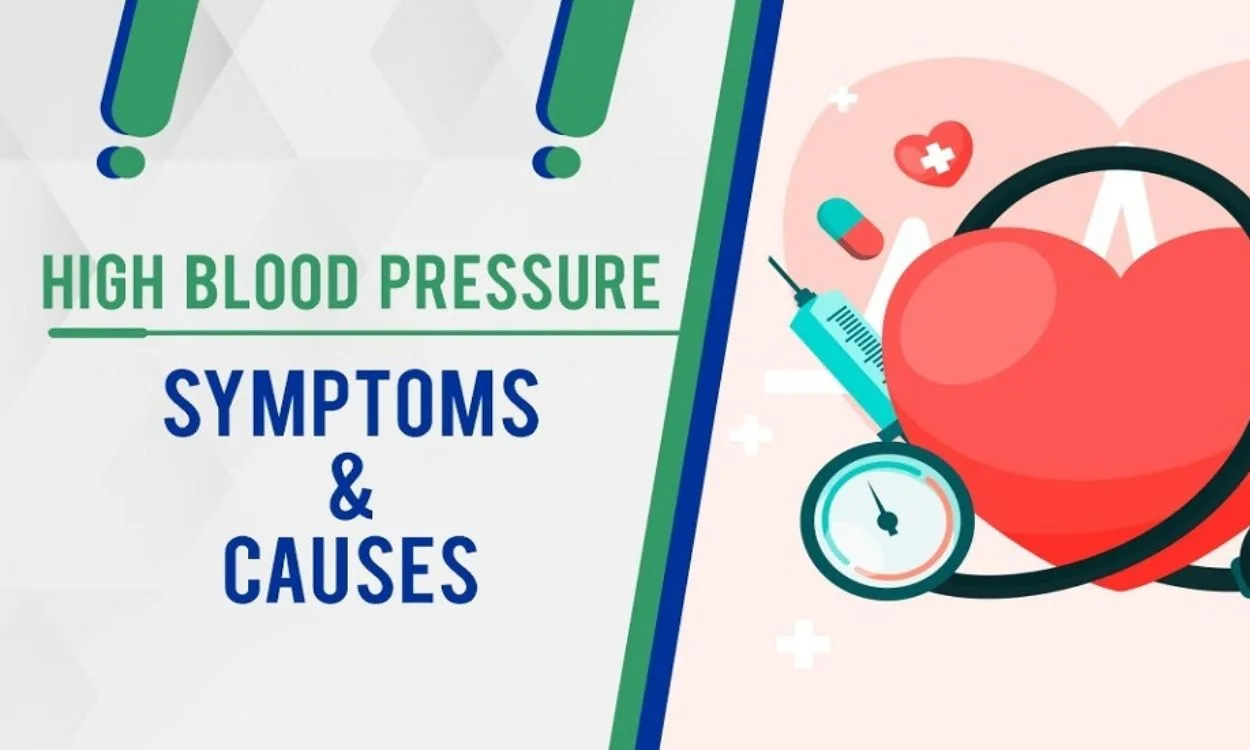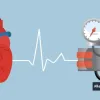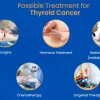What are the Early Symptoms of Hypertension?
Hypertension, commonly known as high blood pressure, is a condition that affects millions of people around the world. It is often referred to as the “silent killer” because it usually doesn’t have any noticeable symptoms in its early stages. However, if left untreated, hypertension can lead to serious health complications such as heart disease, stroke, and kidney problems. It is important to be aware of the early symptoms of hypertension so that you can take prompt action and prevent further damage to your health.
Here are some of the early symptoms of hypertension to watch out for:
- Headaches: Persistent headaches, especially in the morning, can be a sign of high blood pressure. These headaches are usually described as a dull, throbbing pain at the back of the head.
- Dizziness or lightheadedness: Feeling dizzy or lightheaded, especially when standing up quickly, can be an indication of elevated blood pressure. This occurs when the blood vessels in the brain are constricted, affecting proper blood flow.
- Blurred vision: Hypertension can cause damage to the blood vessels in the eyes, leading to blurred or impaired vision. If you notice any changes in your vision, it is important to get your blood pressure checked.
- Chest pain: Although chest pain is often associated with heart problems, it can also be a symptom of high blood pressure. Persistent chest pain should never be ignored and should be evaluated by a healthcare professional.
- Shortness of breath: If you experience difficulty in breathing or shortness of breath, it could be a sign of hypertension. Elevated blood pressure can put strain on the heart and lungs, making it harder for them to function properly.
- Fatigue and weakness: Feeling constantly tired or weak, even after getting enough rest, may be a result of high blood pressure. The increased workload on the heart can leave you feeling exhausted.
- Irregular heartbeat: Hypertension can disrupt the normal rhythm of the heart, leading to palpitations or an irregular heartbeat. If you are experiencing these symptoms, it is important to seek medical attention.
It is worth noting that these early symptoms may not be specific to hypertension alone and can be attributed to other underlying health conditions as well. Therefore, it is crucial to consult a healthcare professional for an accurate diagnosis if you experience any of these symptoms. Remember, early detection and management of hypertension can greatly reduce the risk of complications.
Now that you are aware of the early symptoms of hypertension, it’s important to take control of your health and make necessary lifestyle changes. Regular exercise, maintaining a healthy weight, following a balanced diet, reducing sodium intake, managing stress, and avoiding tobacco and excessive alcohol consumption are all important steps in preventing and managing hypertension.
If you are looking for a comprehensive approach to managing your health and fitness, consider downloading the Fitpaa app. Fitpaa offers personalized fitness plans, nutrition guidance, and real-time guidance to help you achieve your goals. With Fitpaa, you can monitor your metabolism, track your progress, and receive expert support along the way.
Don’t wait until it’s too late to take care of your health. Start today and embark on a journey towards a healthier and happier life with Fitpaa. Download the Fitpaa app now and experience the joy of achieving your health and fitness goals with guaranteed results.
Remember, your well-being is our mission at Fitpaa, and we are here to support you every step of the way!
Download the Fitpaa app and start your journey towards a healthier and fitter you today!









